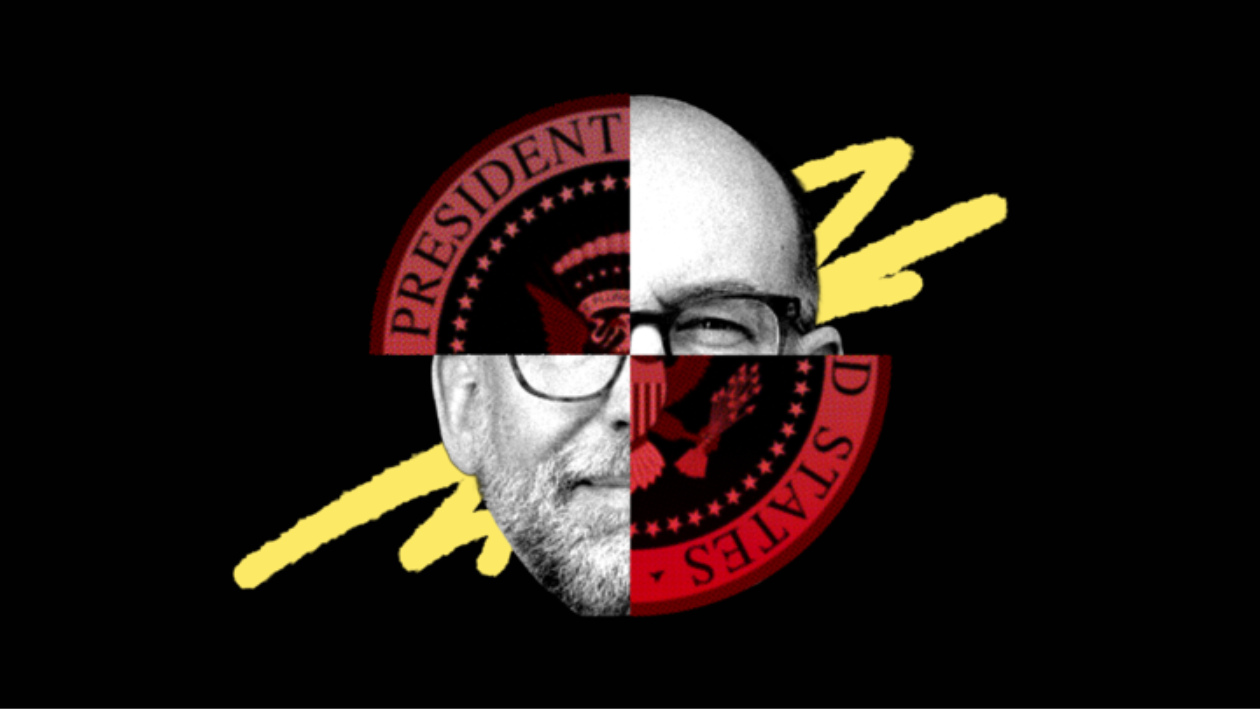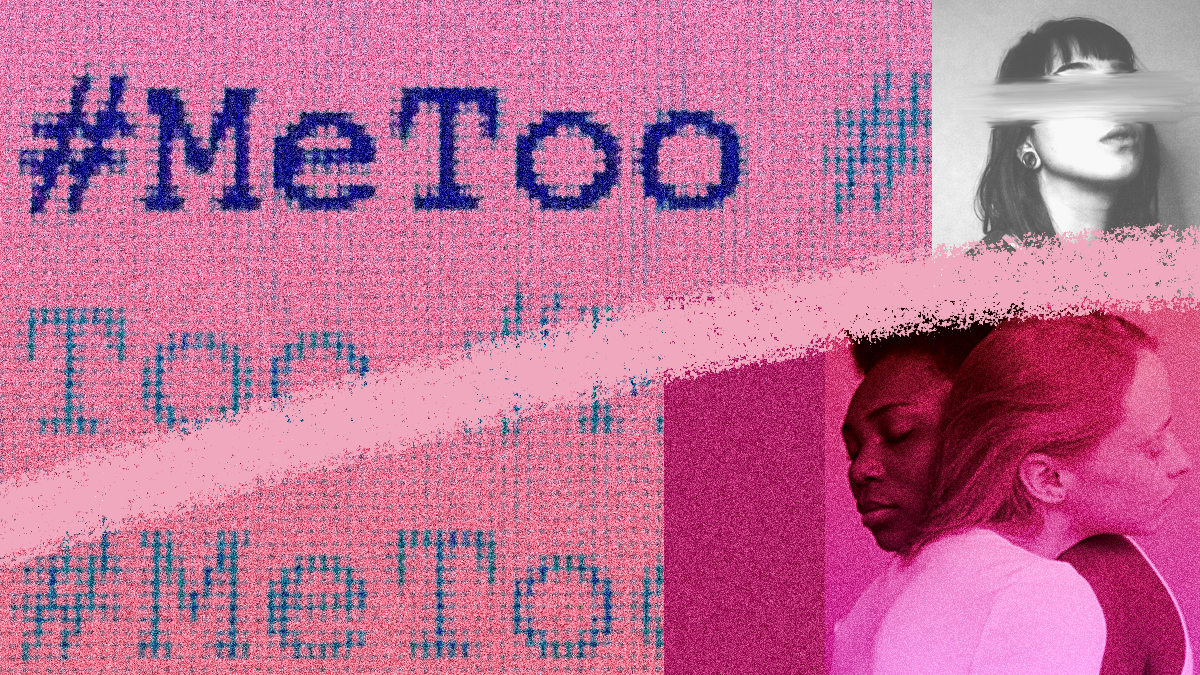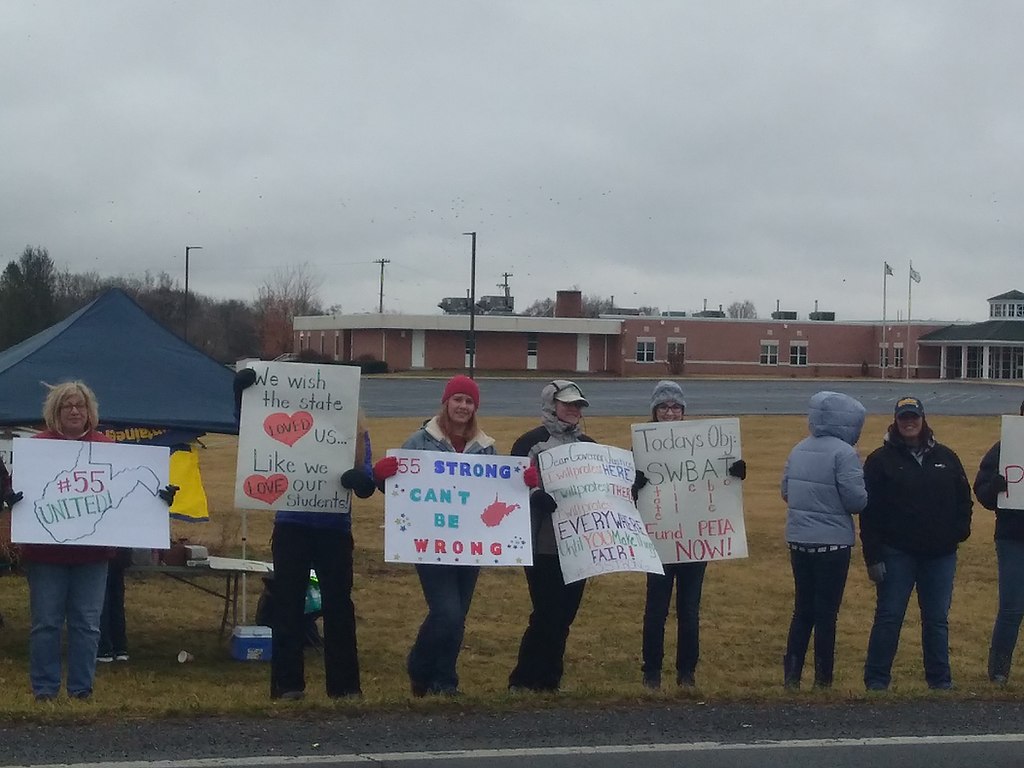DOJ Reaches Nearly $116M Historic Settlement With 103 Survivors of Sexual Abuse at FCI Dublin Prison
WASHINGTON, D.C. – The U.S. Department of Justice today agreed to a $115.8 million historic settlement on behalf of 103 current and former incarcerated women at FCI Dublin prison in northern California—the largest award ever to center on sexual abuse claims by incarcerated people. On December 6, 2024, the Federal Bureau of Prisons (BOP) settled a separate class action lawsuit brought by eight survivors formerly incarcerated at FCI Dublin that mandates sweeping reforms to address systemic sexual abuse by prison staff.
In a suite of lawsuits filed between September 2022 and July 2024, women incarcerated at FCI Dublin detailed rampant sexual terror and intimidation that they endured by a mostly male staff who referred to the prison as “The Rape Club.” Allegations by women were routinely covered up and often resulted in retaliation, including months-long solitary confinement, the loss of prison jobs that helped pay for basic hygiene supplies and calls home, and the extension of sentences.
Correctional officers who concealed and participated in the assaults included a former warden who supervised staff and trained inmates about how to identify and report sexual abuse. Another abuser was a prison chaplain, who taught classes about boundaries and self-worth, while sexually assaulting women in his chapel office.
As part of the civil agreement, 103 survivors will receive monetary relief in amounts based on their individual claims. Additionally, the separate class action settlement commits the Federal Bureau of Prisons to issue a public acknowledgment to survivors of sexual abuse by staff members at FCI Dublin. It also provides incarcerated women with confidential access to an independent, external monitor, attorneys, and community-based counselors to whom they can report staff sexual abuse, retaliation, and other violations of the settlement agreement.
“We were sentenced to prison, we were not sentenced to be assaulted and abused,” said Aimee Chavira who is part of the monetary settlement and a survivor of FCI Dublin. “I hope this settlement will help survivors, like me, as they begin to heal – but money will not repair the harm that BOP did to us, or free survivors who continue to suffer in prison, or bring back survivors who were deported and separated from their families.”
“After I reported my sexual assault by a prison counselor at FCI Dublin, retaliation immediately followed. I was accused of filing a false report. I lost my job at the commissary. Necessary medical treatment was denied—and my incarceration was extended by more than two months,” said Kendra Drysdale, who is part of the class action settlement and a survivor advocate with the California Coalition for Women Prisoners and the Dublin Prison Solidarity Coalition. “After my release, I experienced a tough reentry, but I discovered a new sense of purpose when I began working alongside other survivors to fight for system-wide prison reforms. While these settlements mark an important moment, it’s not an endpoint. Now, a door has cracked open—and we must seize this opportunity to make sure that incarcerated people are safe and free from abuse.”
“It was impossible for survivors to escape the culture of abuse that permeated FCI Dublin,” said attorney Deborah M. Golden, who represents several plaintiffs. “No one was safe. Even those who weren’t assaulted lived in daily terror that it might happen to them at any moment. The brutal trauma that survivors suffered is a searing indictment of our entire prison system’s failure to confront its longstanding abuse crisis. These two settlements offer a measure of justice to the survivors at FCI Dublin, but also sound an urgent alarm to policymakers and politicians to make sure that these significant reforms are fully implemented to stamp out sexual violence in prisons across the U.S.”
“In the face of enormous power imbalances and devastating reprisals, the women kept reporting the full range of the crimes they experienced—and their courage is astounding,” said Jennifer Mondino, senior director of the Time’s Up Legal Defense Fund, which supported media assistance for the survivors. “Thanks to the survivors and the dedicated attorneys and advocates who fought alongside them, the Bureau of Prisons has been forced to publicly acknowledge its role in perpetuating this systemic abuse. The two settlements now hold the Bureau of Prisons accountable for instituting essential reforms that protect the women behind these lawsuits and offer a blueprint to safeguard people in prisons from abuse.”
###
Reporters interested in scheduling interviews with FCI Dublin survivors and their attorneys should contact Charlotte Gomer: [email protected] or (804) 387-530.
Reporters interested in learning more about the California Coalition for Women Prisoners who led the years-long efforts in the class action case should contact Courtney Hanson: [email protected] (916) 316-0625.
Reporters interested in learning more about the Time’s Up Legal Defense Fund, and its support of individuals facing gender-based sex harassment and abuse at work, should contact Diana Casillas: [email protected] or (202) 571-8775.




